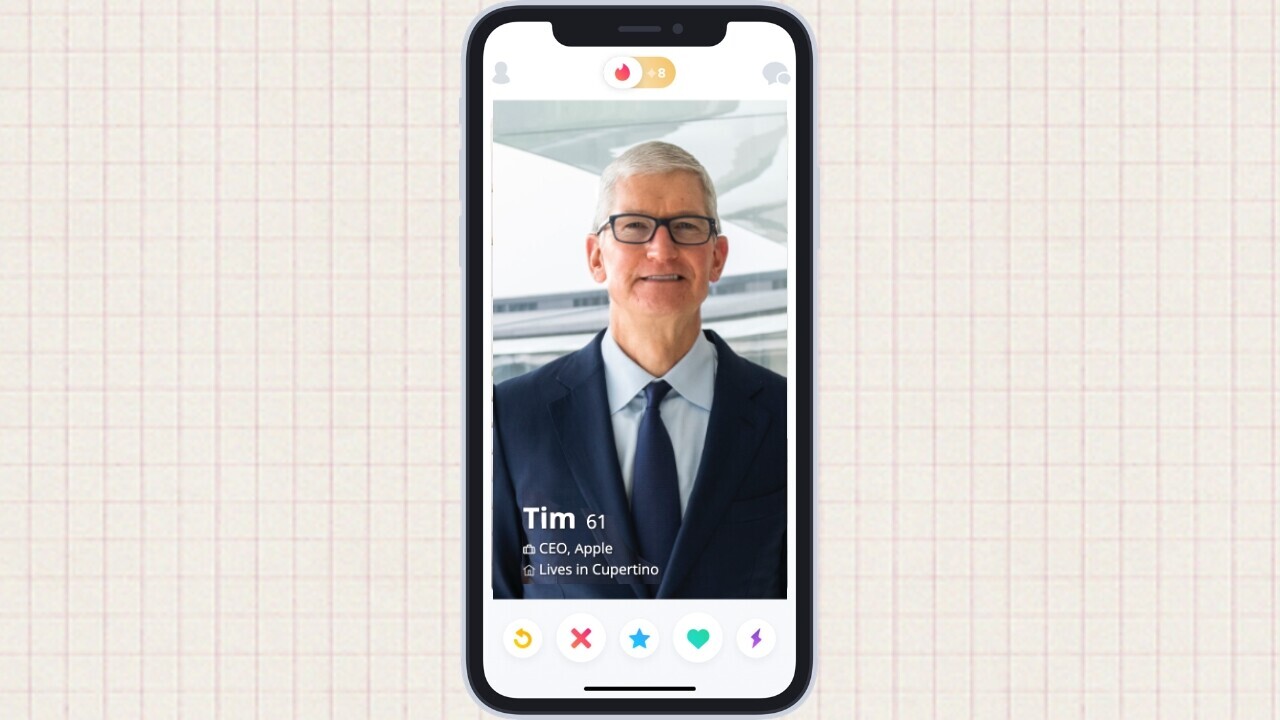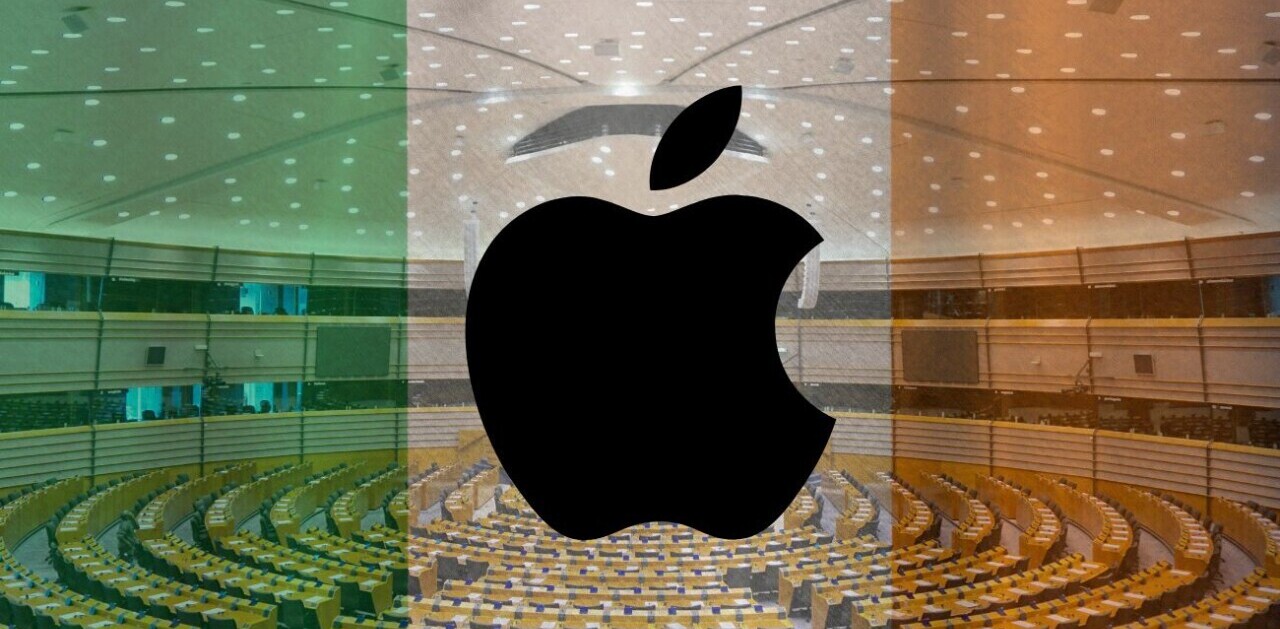
Update (February 8, 2022 5.30PM IST): Added InnerCircle’s comments
Apple has finally explained how it will allow Dutch dating apps to use alternative payment systems.
The headline is this: Apple will take a 27% commission from these purchases — down from the 30% it collects through the App Store.
Developers across the world are mad at this nominal discount from the iPhone maker, and rightly so — especially when the new directive is incredibly complex.
We’ll get into all this, but first, here’s a refresher of what has happened so far.
How did Apple get here?
Last year, the Duch Authority for Consumers and Markets (ACM) found Apple guilty of breaching antitrust laws by forcing developers to use its own system for in-app purchases, as well as taking a 15% (for developers who earn less than $1M per year) or 30% cut.
Notably, the watchdog’s ruling only focused on dating apps in the Netherlands. In January, Apple agreed to let developers use alternative payment methods, but provided no details on how this’d work.
This changed over the weekend. The company issued guidelines that require a separate binary for the Dutch app store, and a 27% commission — even if you use a non-Apple payment processing system.
What are the requirements to adopt a new in-app payment system?
Here are some of the conditions Apple has specified for Dutch dating app developers:
- You have to submit an app binary file that’ll only work on the Netherlands store.
- You have to pay a 27% commission on all purchases made through alternative payment systems.
- You have to submit a detailed monthly report to Apple about all purchases made through third-party processors.
- If you’re redirecting a user to a payment website, you must only include one link, and you can’t pass any parameters along with it. In other words, users will have to manually enter basic information on the payments page, making the whole process much more of an ordeal.
- Before starting an in-app purchase flow, you have to show a warning saying “This app does not support the App Store’s private and secure payment system.”

- Your payment processor should support Apple Pay, and should have the ability to directly pay commission to Apple.
- You can only choose one method out of these three: Apple’s default payment system, a third-party in-app processing system, or a redirection to your website.
This by itself is a lot to parse, but there are even more conditions and complexities. You can read about them further on Apple’s developer support page.
Is it really worth all this hassle?
The whole process is complicated, and with the new commission rate, it’s not apparent there are many benefits to switching. This is made even more laughable when you consider developers will have to pay additional fees to the new payment processor:
And after you pay your ~3% to your payment processor, Apple’s 27% commission takes you right back up to 30%.
Glorious.
Come on, THIS is comedy. Amazing, ridiculous comedy.
I’d be surprised if a single app ever took them up on this.
(And that’s exactly by design.)
— Marco Arment (@marcoarment) February 4, 2022
If you’re a popular dating app that’s only available on the Dutch market, a few extra percent of revenue could be helpful.
But if you distribute apps to multiple markets and the Netherlands is only a minor revenue provider? You might want to avoid the hassle.
We’ve reached out to some of the biggest dating apps in the Netherlands, Bumble, InnerCircle, and Match Group to understand their next steps. We’ll update the story if we hear back from them.
InnerCircle’s managing Director, Masha Kodden, said Apple’s fees are very high for smaller developers:
While it seems like a step in the right direction, the new 27% commission payment structure from Apple is still too high for apps, especially for smaller players within the marketplace. We’d expect Apple to move towards the 15% that Google has implemented, since this makes it easier for apps to run a profitable business. In the meantime, we’ll be investigating other external payments solutions as well.
The way ahead
Apple’s response to the Dutch regulation is one of many countries where it’s facing antitrust cases related to its App Store monopoly.
Soon, it needs to provide guidelines for developers in Japan and South Korea. If Apple takes a similar approach to how it’s dealt with the Dutch dating app situation, developers won’t be happy.
On this Andy Yen — ProtonMail CEO and founder — said that “this is yet another example of Apple exploiting its position and squeezing every penny possible out of developers, regardless of the impact they have on innovation, competition or consumers.”
He added that this latest incident also points towards a need for “far-reaching antitrust laws” that look at the bigger picture of app distribution and self-prefencing.
Last month, ACM fined Apple for failing to comply with its ruling. Now that the company has formalized the changes, we’ll have to see if the regulatory body scrutinizes it further.
One thing is clear, Apple is not giving up its control on the App Store easily. And even when it’s forced to make concessions, it’s doing so in a way that makes life deliberately difficult for developers.
The question is if anyone’s going to stop Apple.
Get the TNW newsletter
Get the most important tech news in your inbox each week.





